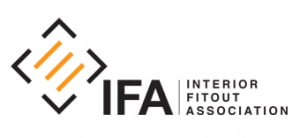SafeWork NSW has released a statement outlining their enforcement approach to ensure compliance with the WHS Act and WHS Regulation with regard to Covid-19.
While the regulator acknowledges that NSW workplaces are in a difficult and unprecedented situation, compliance and enforcement activities will continue around the state.
While orders from the Public Health Act are in force, the work health and safety regulator will be looking to take a supportive role and using a practical approach when it comes to visiting worksites. Actions regarding compliance will be appropriate and proportionate when it comes to what is ‘reasonably practicable’ in these unusual circumstances.
If a duty-holder can show they have made genuine attempts to comply with legislation, SafeWork NSW will be able to take an educational approach, but the regulator is reserving the right to vary this approach, pending circumstances and significant safety risks.
Serious incidents and fatalities will continue to be addressed with the highest priority.
“NSW businesses must take action to prepare and manage the risk of exposure to COVID-19 for workers and others at their workplace so far as is reasonably practicable consistent with statutory requirements,” the regulator stated in a media release.
SafeWork NSW advises all businesses should:
- review their exposure and infection control policies and procedures, actively promote social distancing, good hand and respiratory hygiene and increase cleaning of common areas within the work environment
- develop and implement safe systems of work (in consultation with workers and/or their HSR’s) that include directions and advice provided by our health authorities, and
- keep monitoring the COVID-19 situation as it develops
- continue to comply with statutory requirements including notifying SafeWork NSW of any work-related fatality, serious injury or illnesses (including COVID-19).
Workers also have obligations under WHS legislation to protect themselves and others. If a worker believes they are at risk of infection of coronavirus, they should raise their concerns with their manager or WHS representative as soon as possible.
